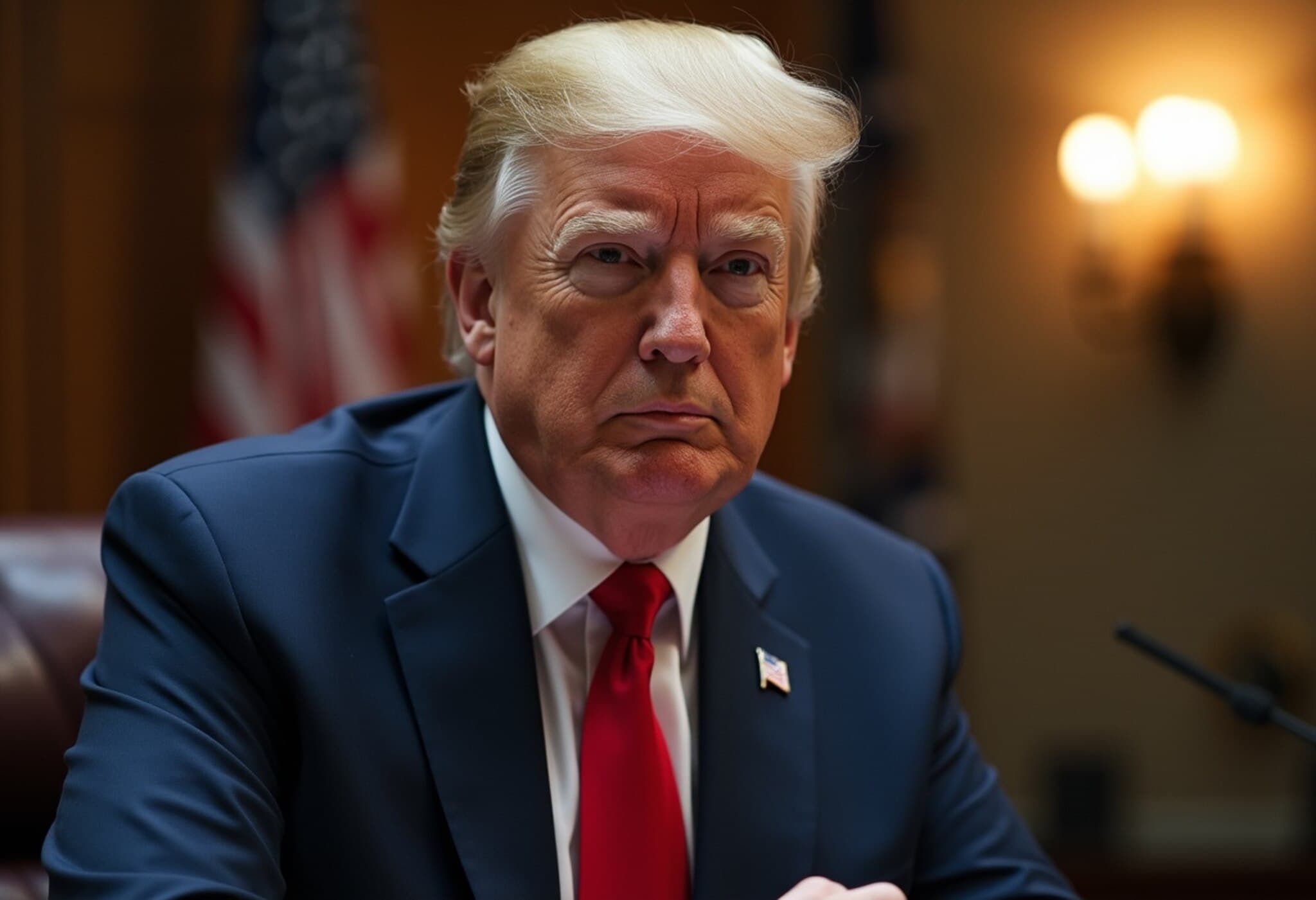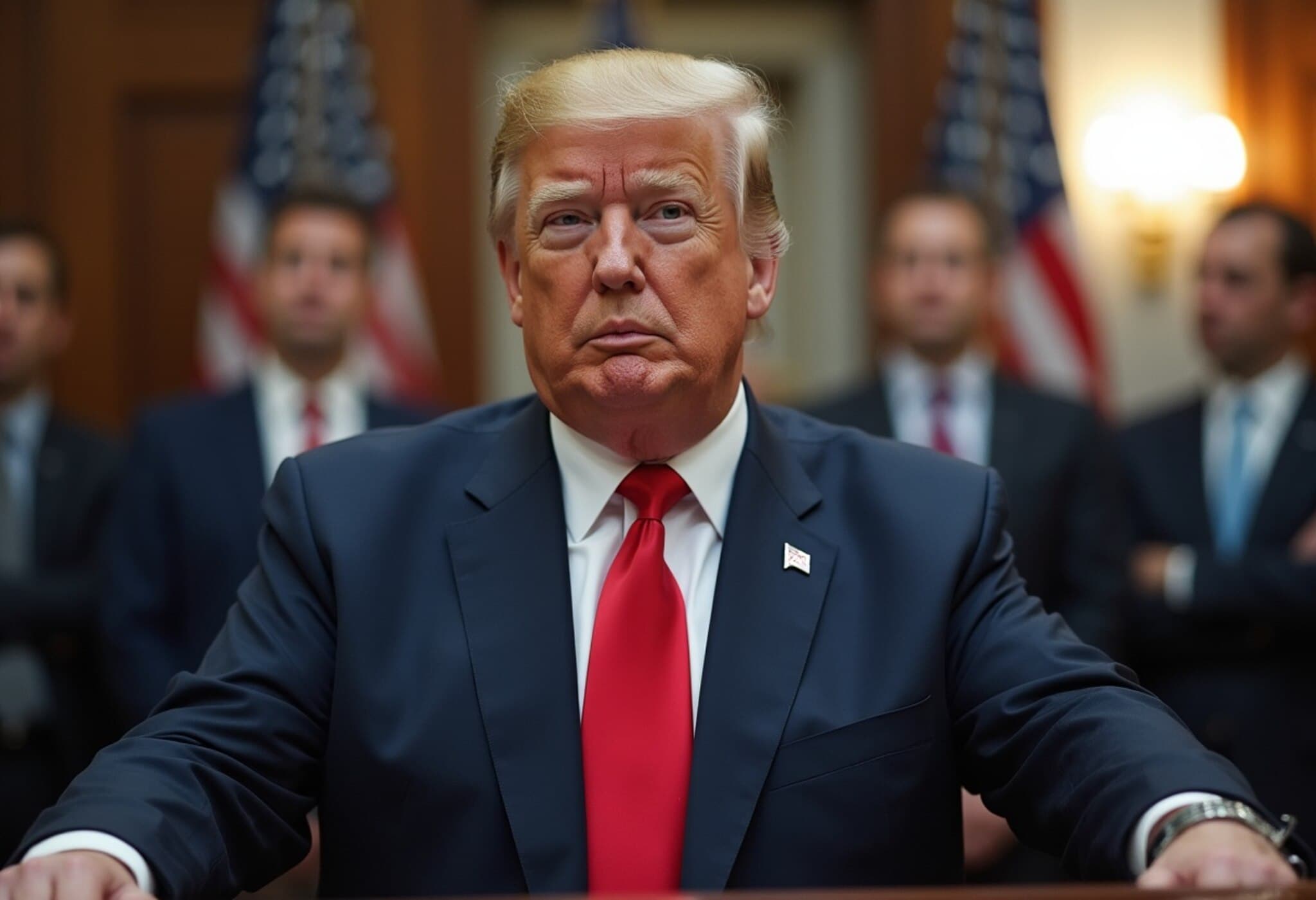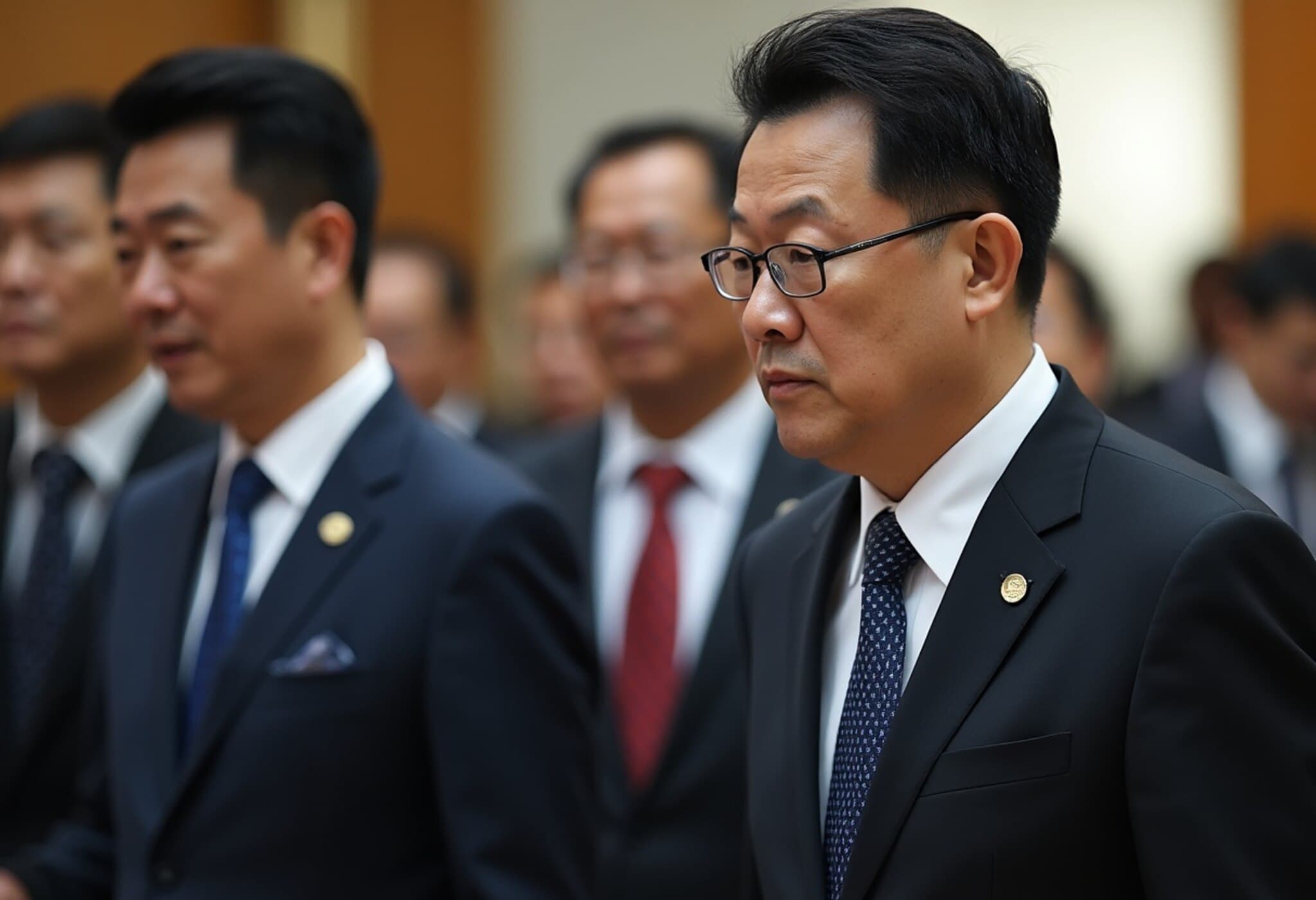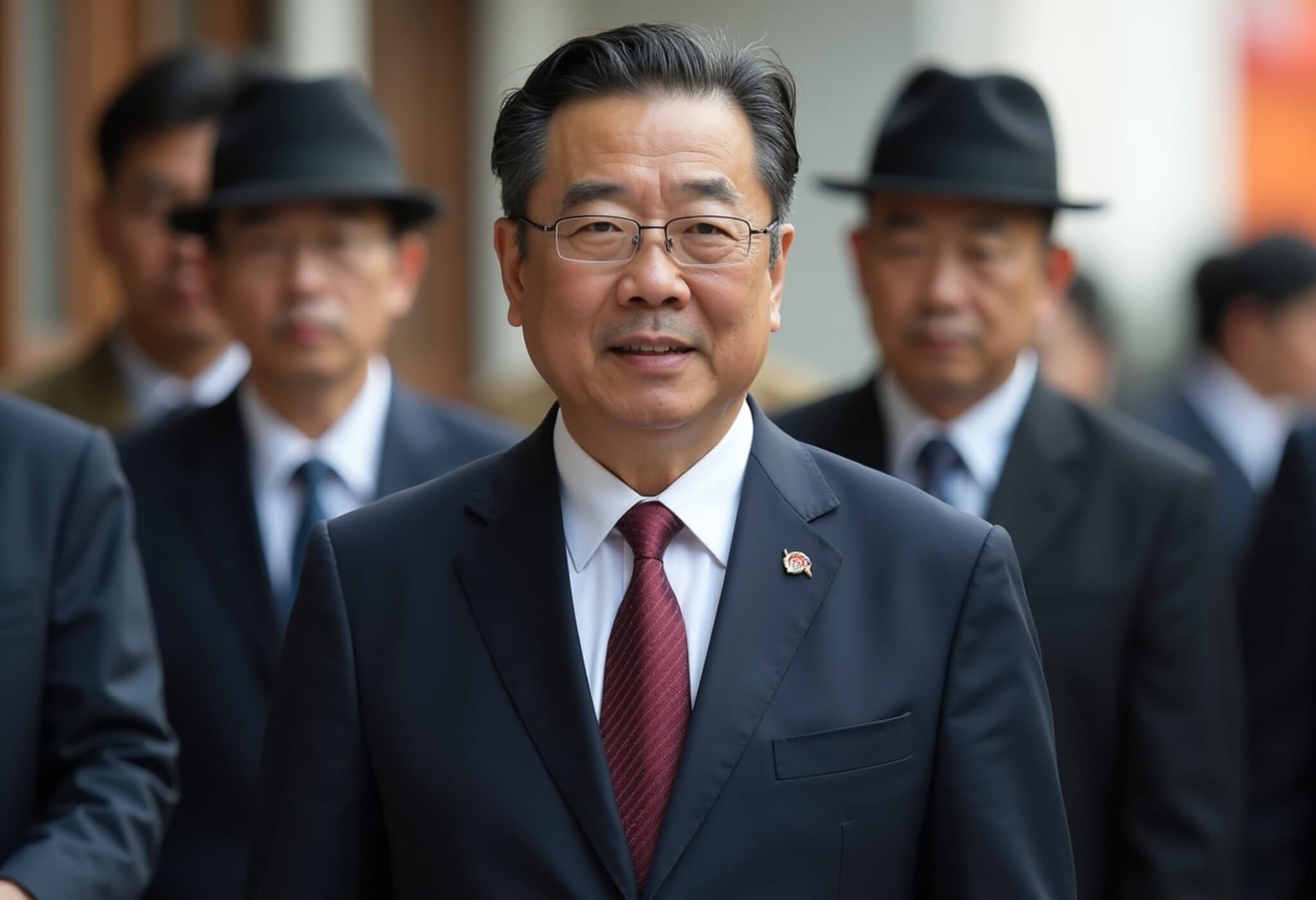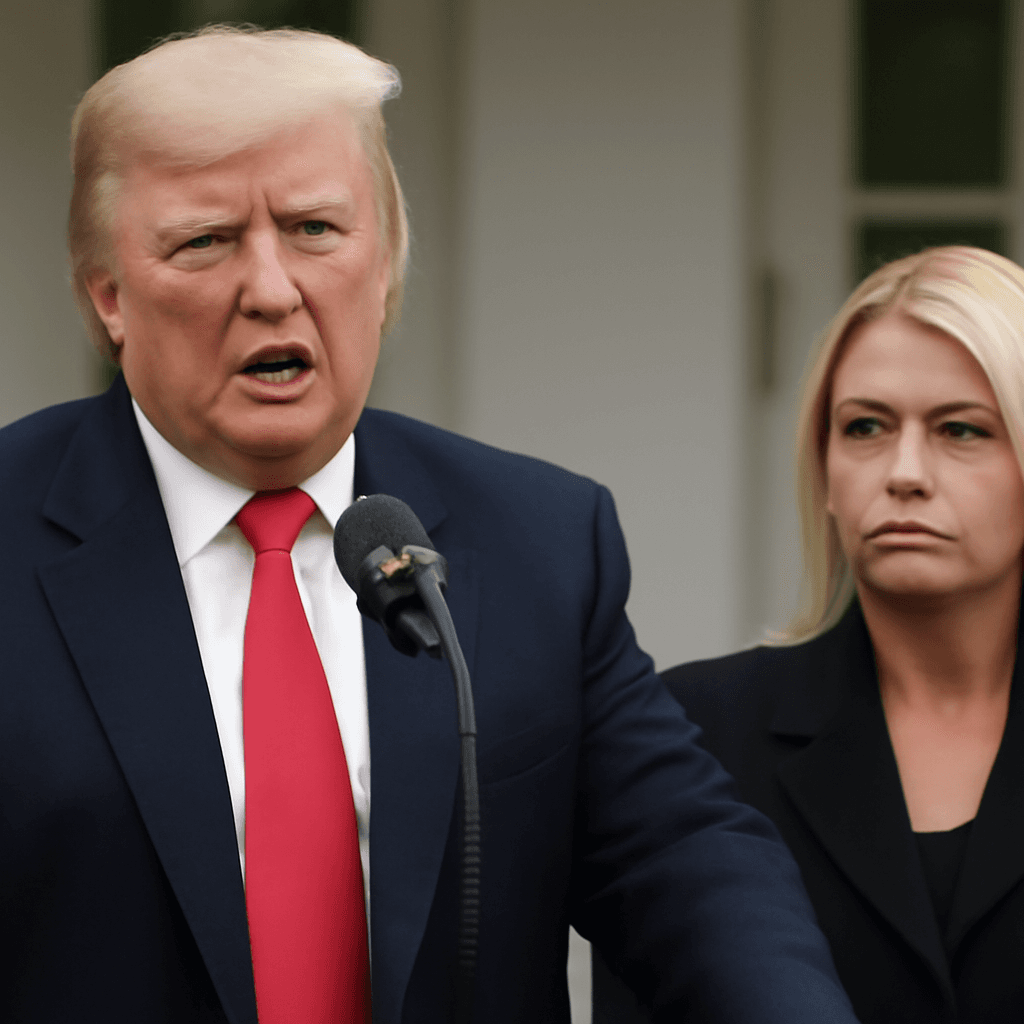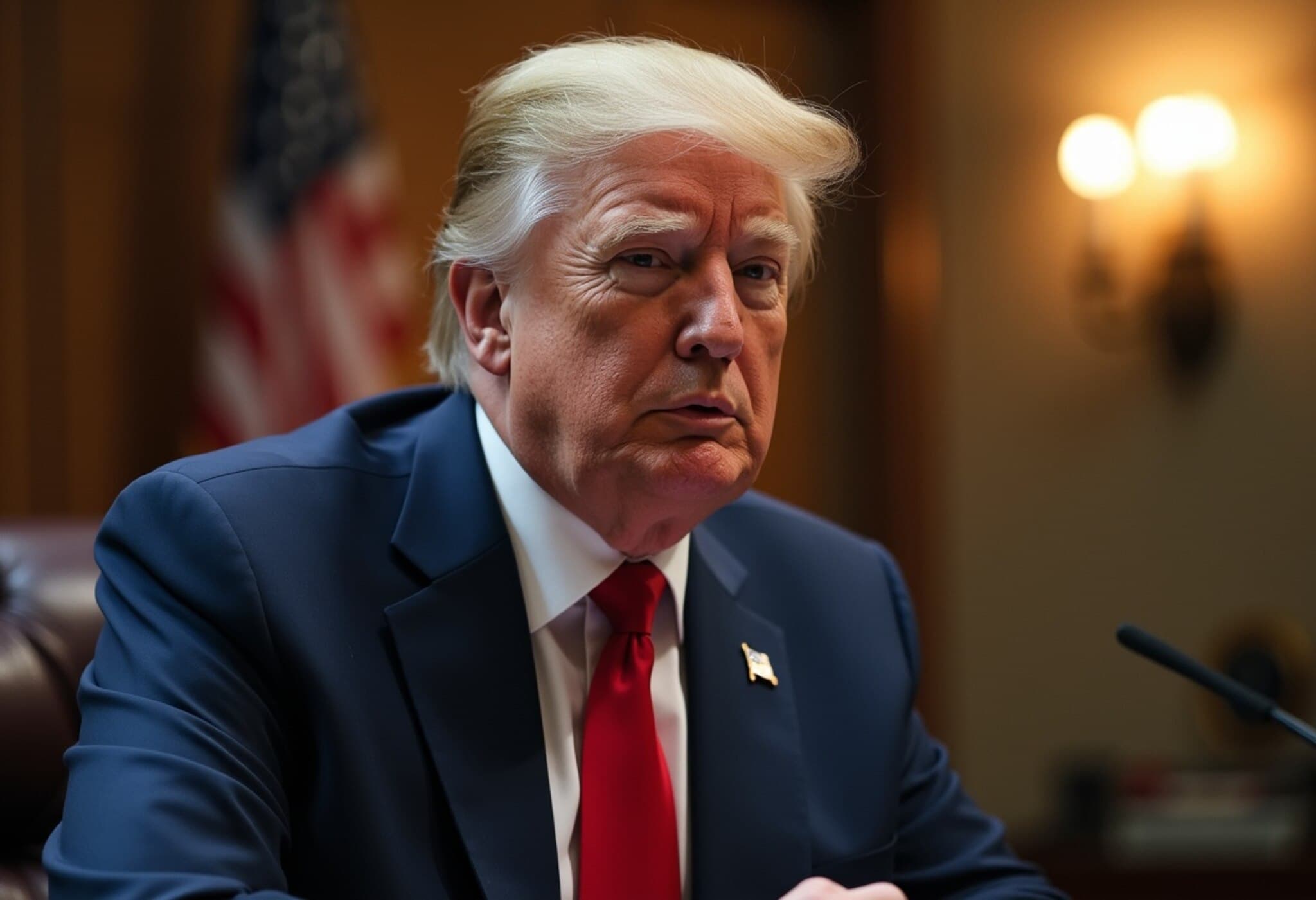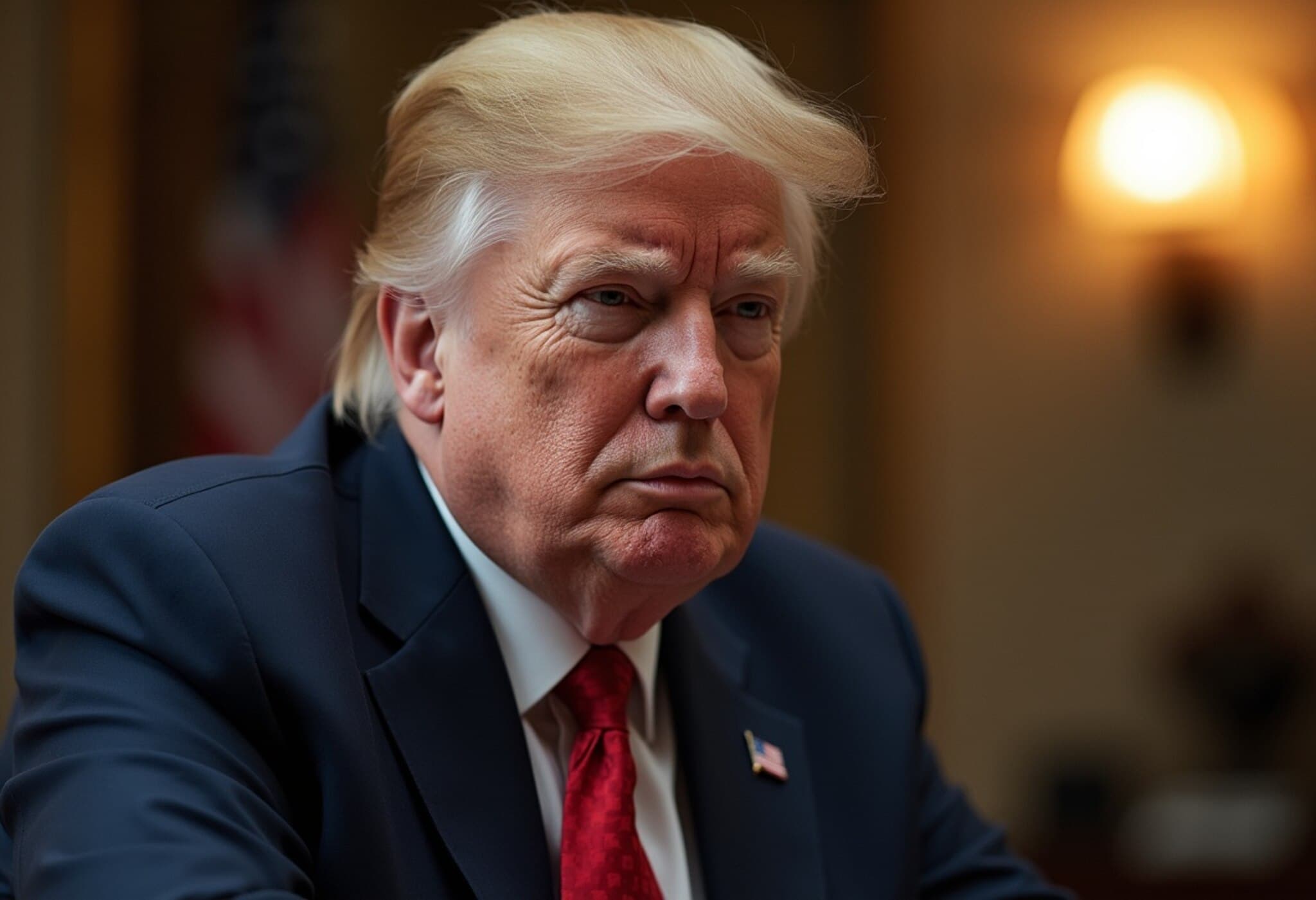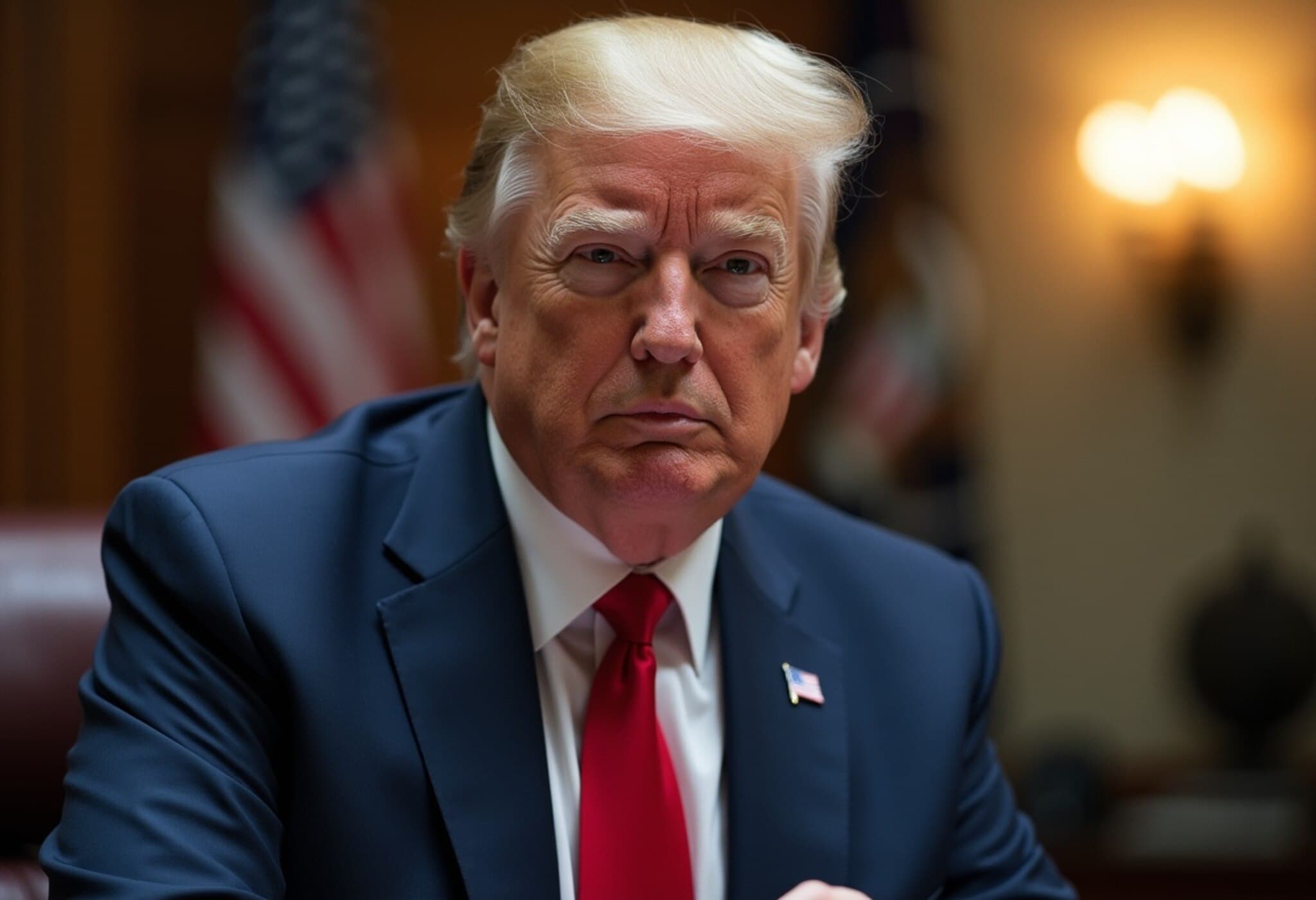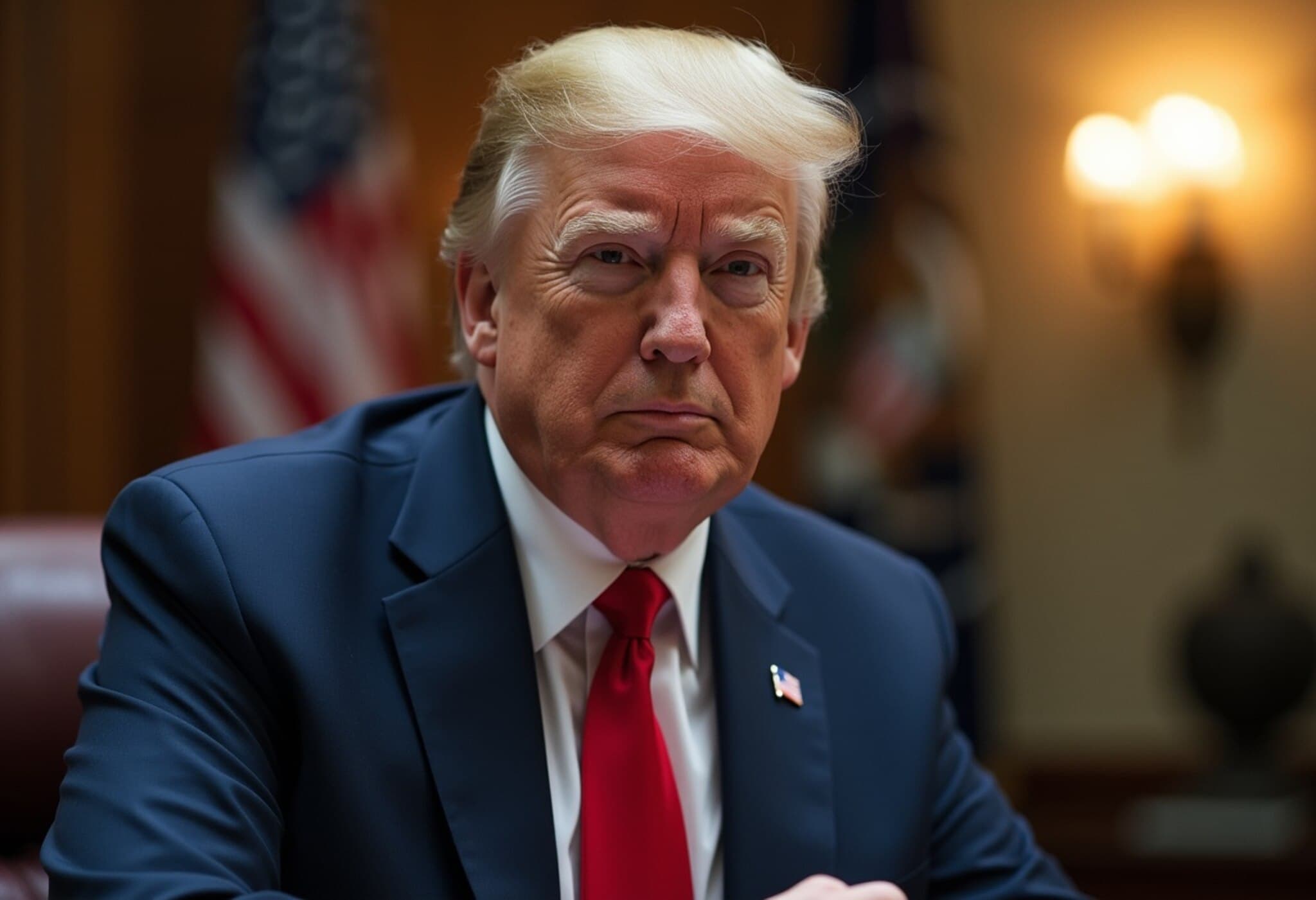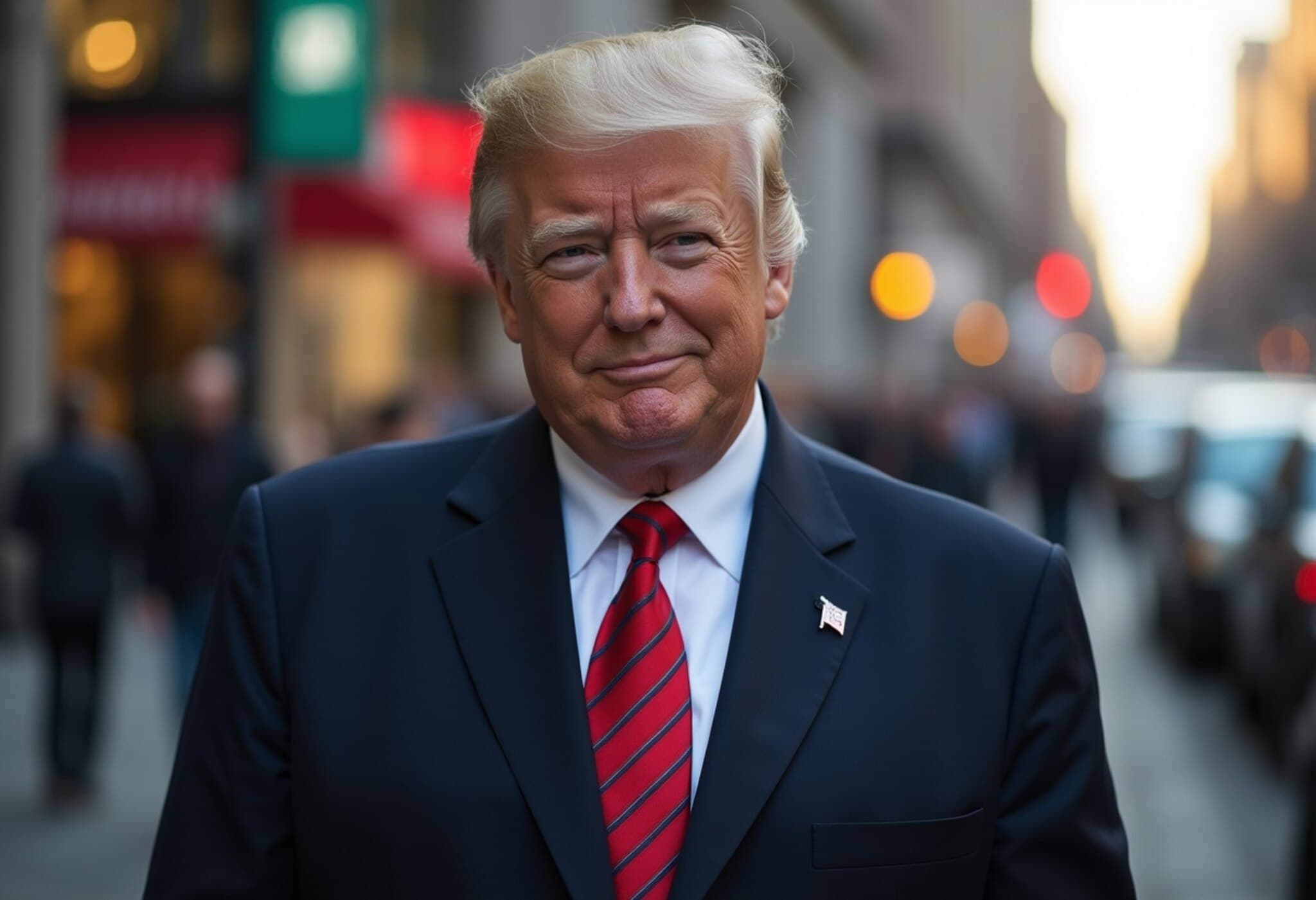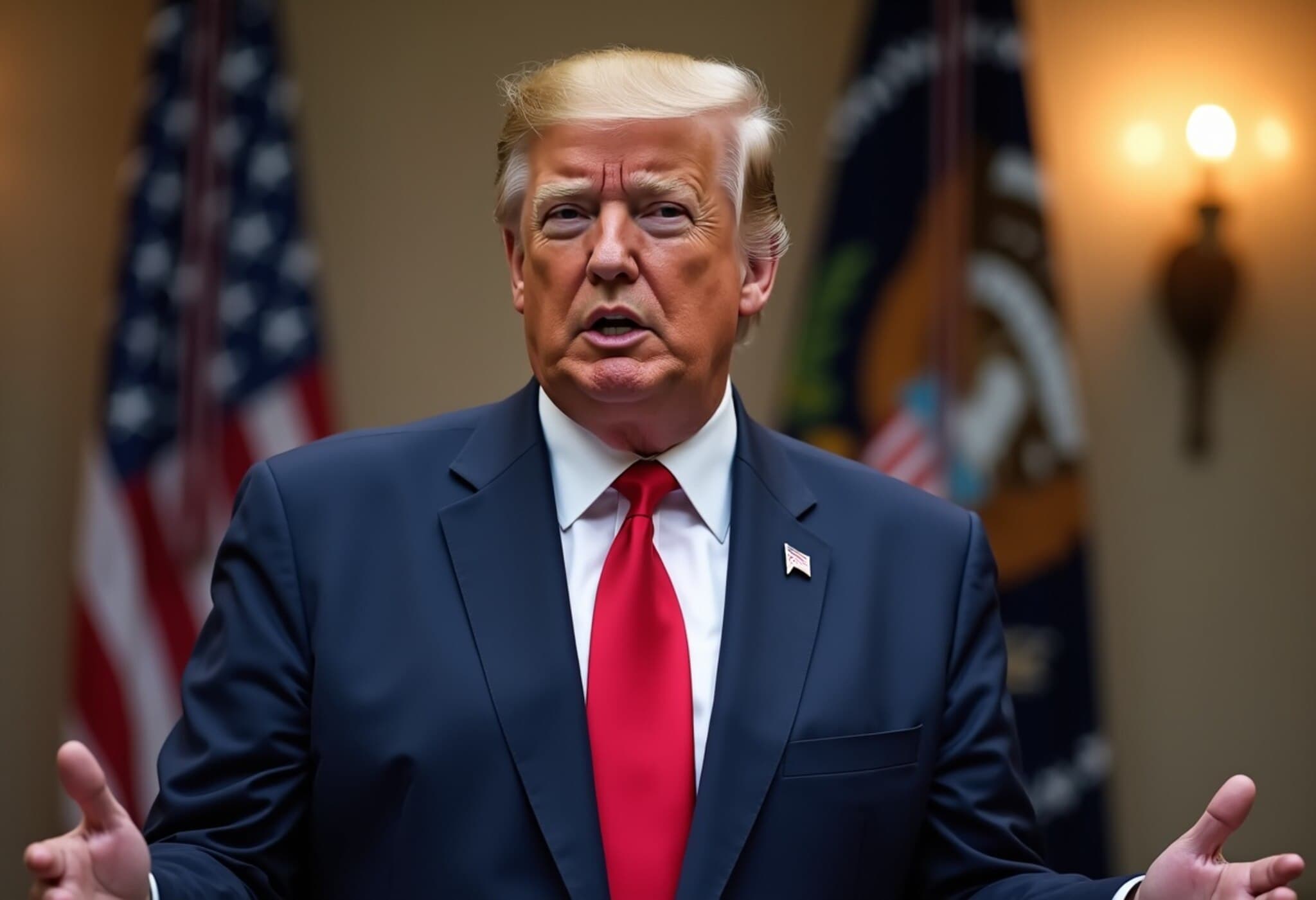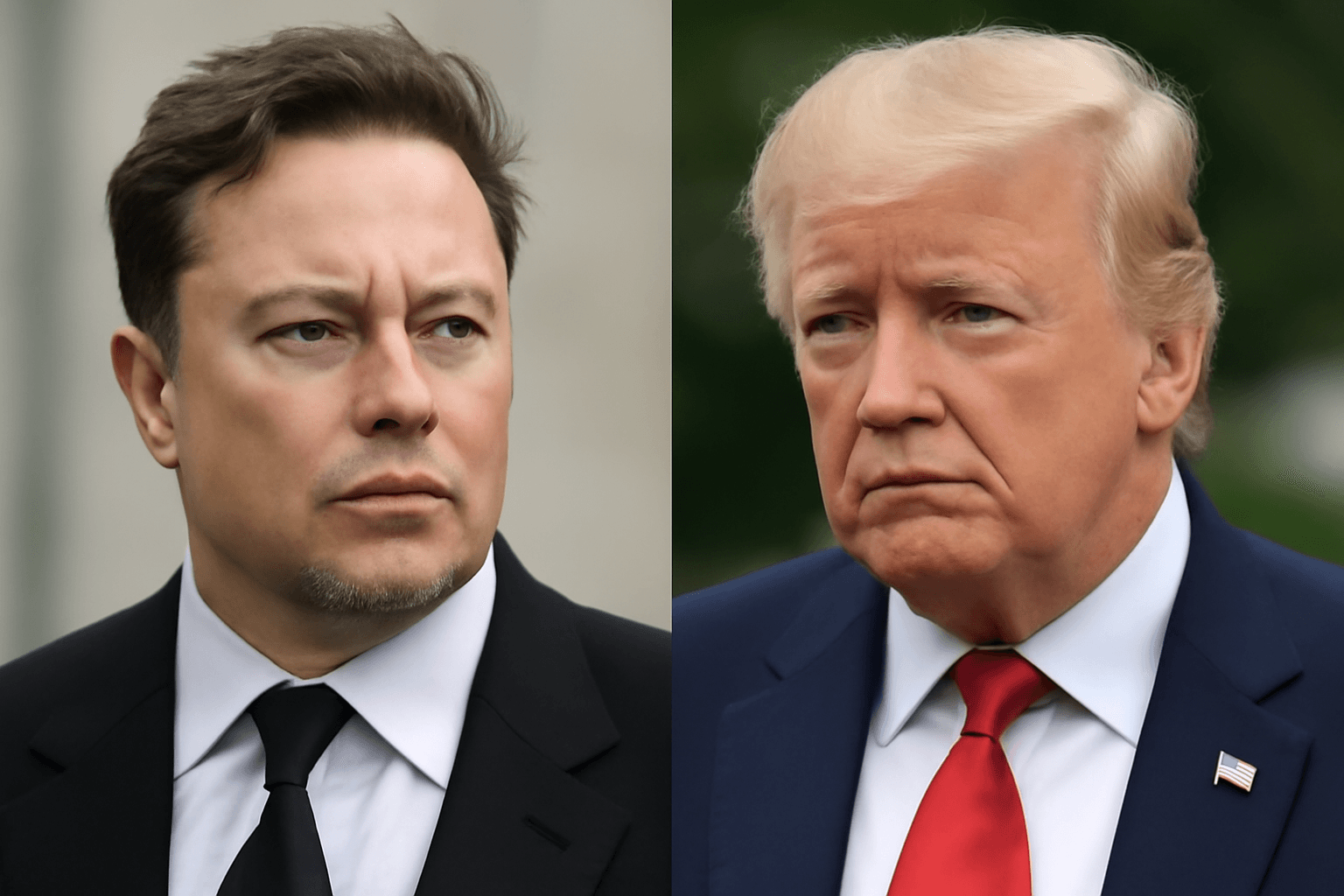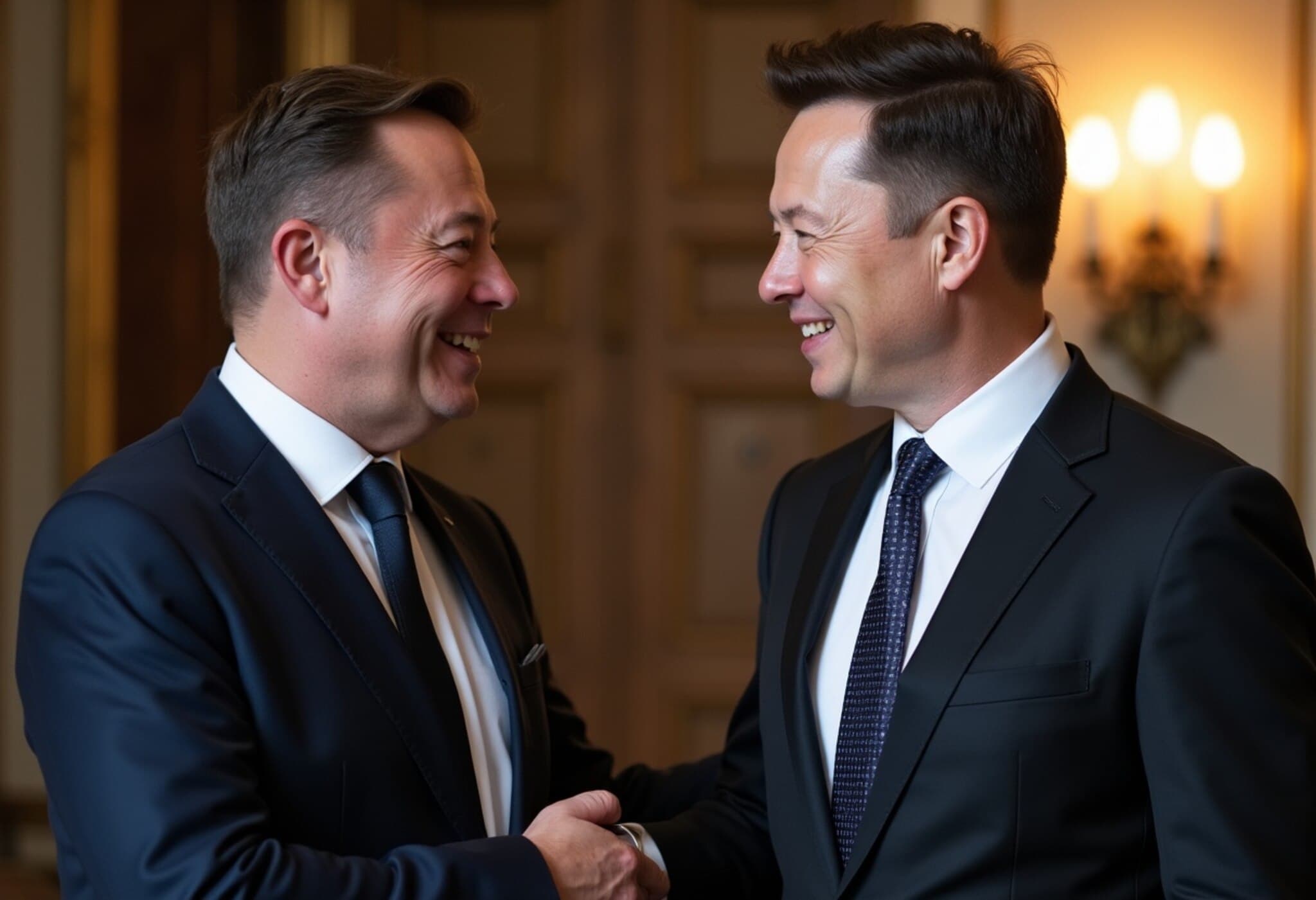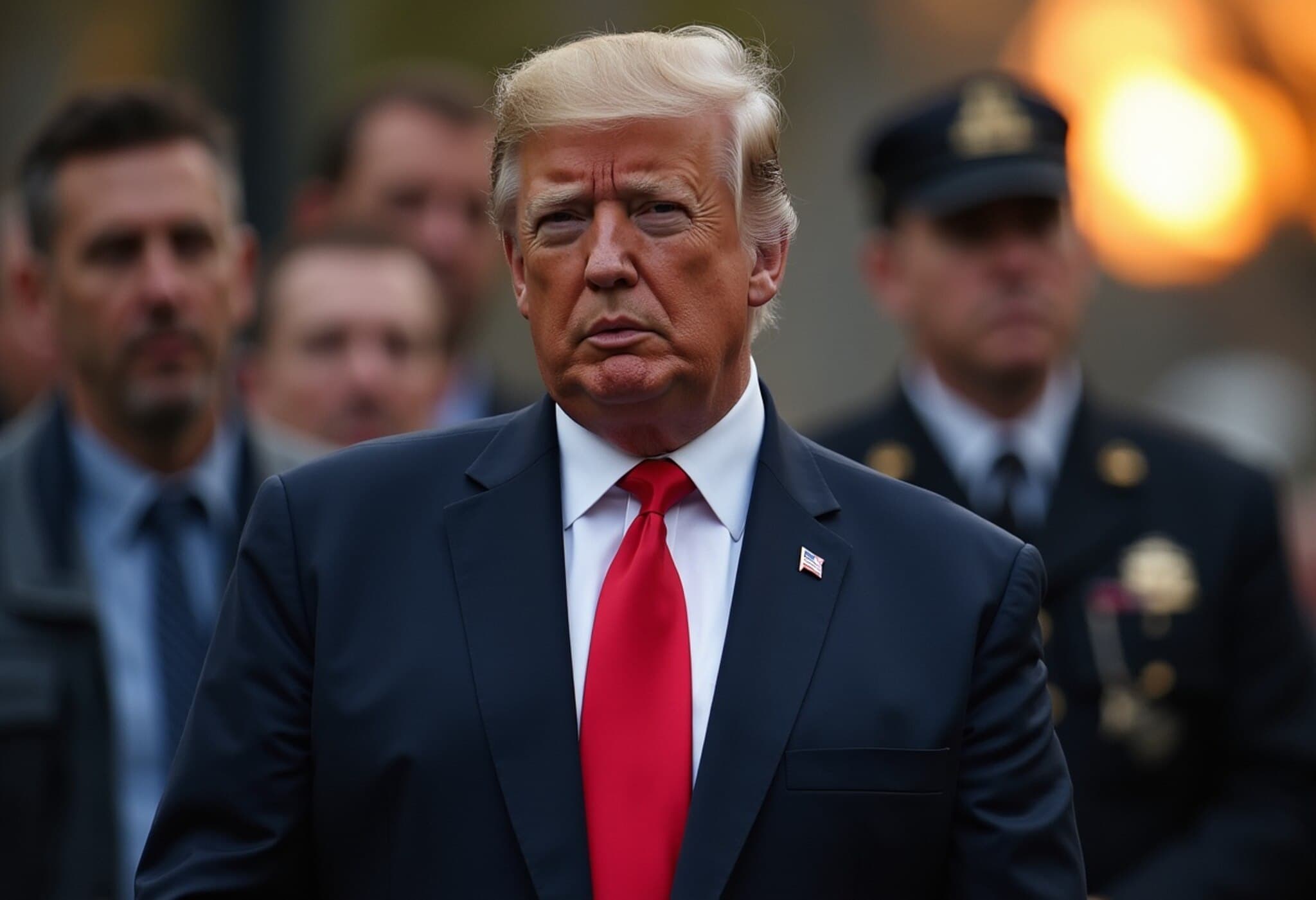Donald Trump Launches $10 Billion Defamation Lawsuit Over Jeffrey Epstein Coverage
In a dramatic legal move, former U.S. President Donald Trump has filed a high-stakes defamation lawsuit against media titan Rupert Murdoch, The Wall Street Journal (WSJ), and associated entities. The suit, lodged in a federal court in Miami, seeks no less than $10 billion in damages, targeting an explosive WSJ article that scrutinized Trump’s association with the disgraced financier Jeffrey Epstein.
Details of the Alleged Defamatory Article
Published on July 18, 2025, the WSJ article delved into a previously unreported letter Trump allegedly sent to Epstein for Epstein’s 50th birthday in 2003. According to the piece, the letter featured a suggestive illustration of a naked woman and alluded to a "shared secret" between the two men—an implication that intensifies the shadow over Trump’s past ties to Epstein, a convicted sex offender charged with operating an international underage sex trafficking ring.
Trump’s lawsuit vehemently denies the letter’s existence and accuses the WSJ and its parent company, Dow Jones (under News Corp., owned by Murdoch), of maliciously publishing false information intended to devastate Trump’s reputation amid his ongoing political comeback.
Trump’s Public Response and Social Media Commentary
Taking to his social media platform Truth Social, Trump issued a forceful denunciation: "We have just filed a POWERHOUSE Lawsuit against everyone involved in publishing the false, malicious, defamatory, FAKE NEWS ‘article’ in the useless ‘rag’ that is, The Wall Street Journal." His language underscores the depth of his outrage and the magnitude of this legal challenge.
Responses and Stakeholder Positions
- Dow Jones: A spokesperson reaffirmed confidence in the article’s accuracy, asserting the company will "vigorously defend" against the lawsuit.
- The Journal’s Journalists: Named individually as defendants, the reporters are set to be central figures in the court proceedings.
- Rupert Murdoch and News Corp: As media leadership, they face the brunt of potential corporate responsibility in this defamation case.
Contextualizing Epstein’s Shadow Over American Politics
Jeffrey Epstein’s death in 2019—a controversial jailhouse suicide—left a scandalous void riddled with conspiracy theories, especially among far-right circles. Epstein’s ties to powerful figures, including Trump, set off a political firestorm that continues to influence narratives around elite corruption and justice system accountability.
Trump has recently pushed the U.S. Justice Department, led by Attorney General Pam Bondi, to unseal grand jury testimonies related to Epstein's prosecution—a move signaling his attempt to address claims of government cover-ups and quell unrest within his core supporters demanding greater transparency.
The Question of the Epstein Client List
Central to many conspiracy theories is the supposed "Epstein client list"—an alleged roster of high-profile individuals implicated in Epstein’s trafficking network. To date, officials have denied the existence of such a list, and the unsealing of grand jury records may fail to clarify this murky element, leaving a politically charged mystery unresolved.
The Implications of Trump's Lawsuit in a Polarized Media Environment
This lawsuit embodies the intersection of media skepticism, political strategy, and the ongoing battle over narrative control in the digital age. It also highlights a potent challenge confronting news organizations balancing investigative reporting on powerful figures against intense legal risks.
For Trump, the lawsuit is more than about monetary compensation—it is a decisive effort to stem reputational damage and rally his base by framing the media coverage as part of a broader "fake news" and bias campaign.
Expert Perspective: Navigating Defamation in Politically Charged Cases
From a legal standpoint, defamation suits involving public figures like Trump face high hurdles, including proving actual malice—that the defendants knew the statements were false or acted with reckless disregard. Given the widespread public interest in Epstein-related revelations, courts will likely scrutinize the evidentiary basis of both the WSJ’s reporting and Trump’s countersuit claims carefully.
This case may also shape future media coverage strategies, underscoring the balance journalists must strike when reporting on politically sensitive subjects intertwined with criminal conduct.
Conclusion: What Lies Ahead for Media and Politics?
As this lawsuit unfolds, it promises to add another complex chapter to the saga intertwining Trump, Epstein, and the powerful media empires that shape U.S. political discourse. Observers will be watching closely to see whether this legal confrontation clarifies facts, deepens divisions, or both.
Editor’s Note:
The Trump defamation suit against Murdoch and The Wall Street Journal encapsulates the fractured nature of media trust and political power today. Beyond the legal wrangling lies a pivotal question: how do we as a society reconcile the demand for accountability with the risk of weaponized misinformation? This case serves as a prism reflecting broader struggles over truth, influence, and justice in America.

